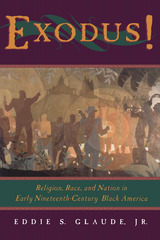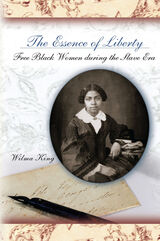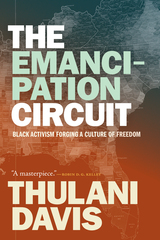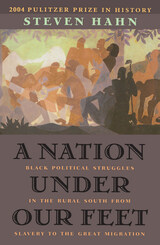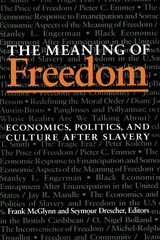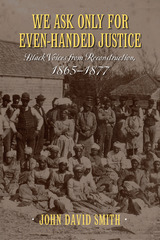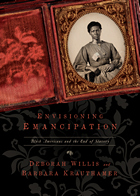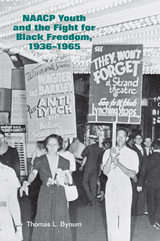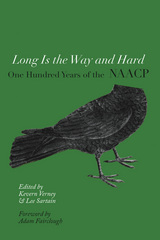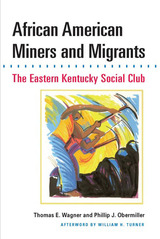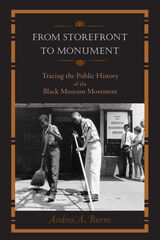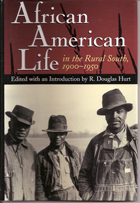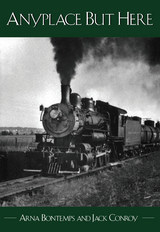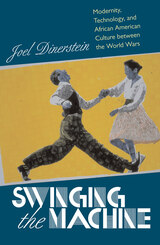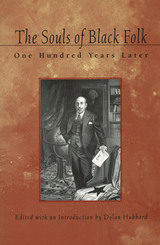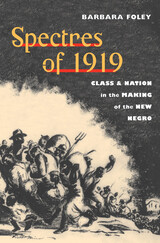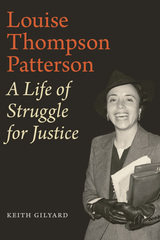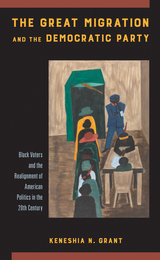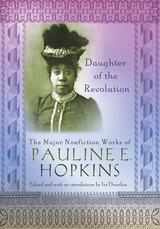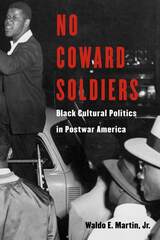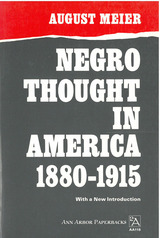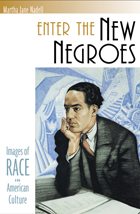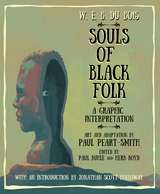African American Life in the Rural South, 1900-1950
University of Missouri Press, 2003
Cloth: 978-0-8262-1471-3 | eISBN: 978-0-8262-6375-9 | Paper: 978-0-8262-1960-2
Library of Congress Classification E185.6.A257 2003
Dewey Decimal Classification 975.004960730173
Cloth: 978-0-8262-1471-3 | eISBN: 978-0-8262-6375-9 | Paper: 978-0-8262-1960-2
Library of Congress Classification E185.6.A257 2003
Dewey Decimal Classification 975.004960730173
ABOUT THIS BOOK | AUTHOR BIOGRAPHY | REVIEWS | TOC | REQUEST ACCESSIBLE FILE
ABOUT THIS BOOK
During the first half of the twentieth century, degradation, poverty, and hopelessness were commonplace for African Americans who lived in the South’s countryside, either on farms or in rural communities. Many southern blacks sought relief from these conditions by migrating to urban centers. Many others, however, continued to live in rural areas. Scholars of African American rural history in the South have been concerned primarily with the experience of blacks as sharecroppers, tenant farmers, textile workers, and miners. Less attention has been given to other aspects of the rural African American experience during the early twentieth century.
African American Life in the Rural South, 1900–1950 provides important new information about African American culture, social life, and religion, as well as economics, federal policy, migration, and civil rights. The essays particularly emphasize the efforts of African Americans to negotiate the white world in the southern countryside.
Filling a void in southern studies, this outstanding collection provides a substantive overview of the subject. Scholars, students, and teachers of African American, southern, agricultural, and rural history will find this work invaluable.
See other books on: 1865-1951 | 1900 - 1950 | African American farmers | Hurt, R. Douglas | Rural conditions
See other titles from University of Missouri Press

